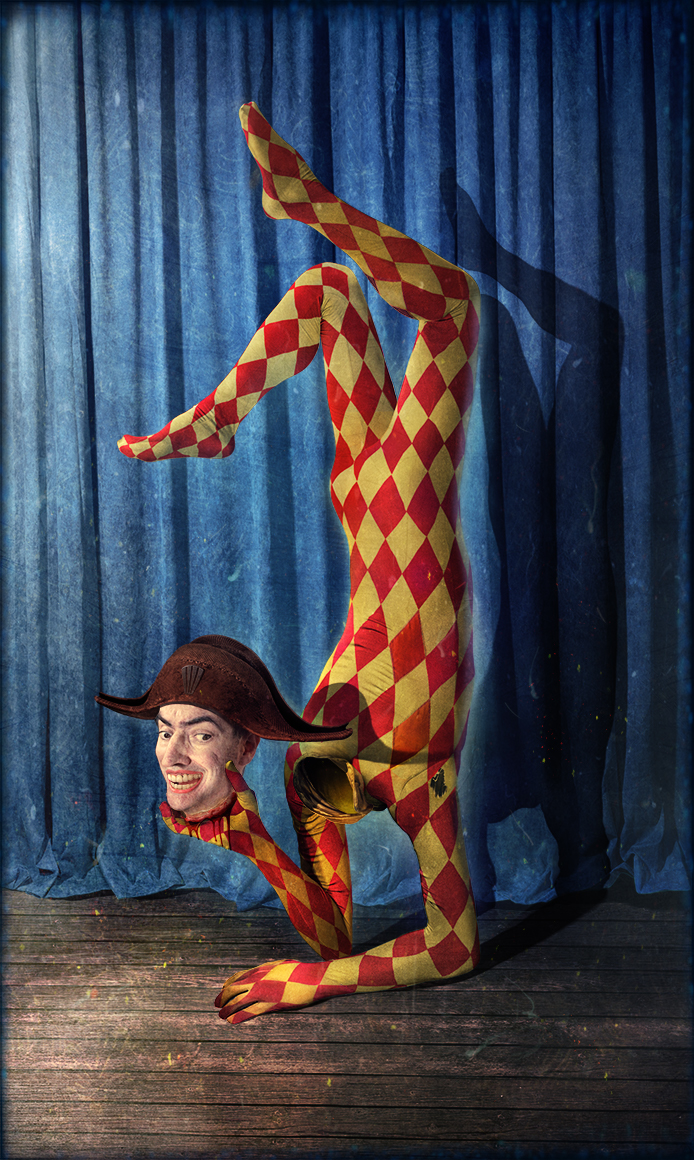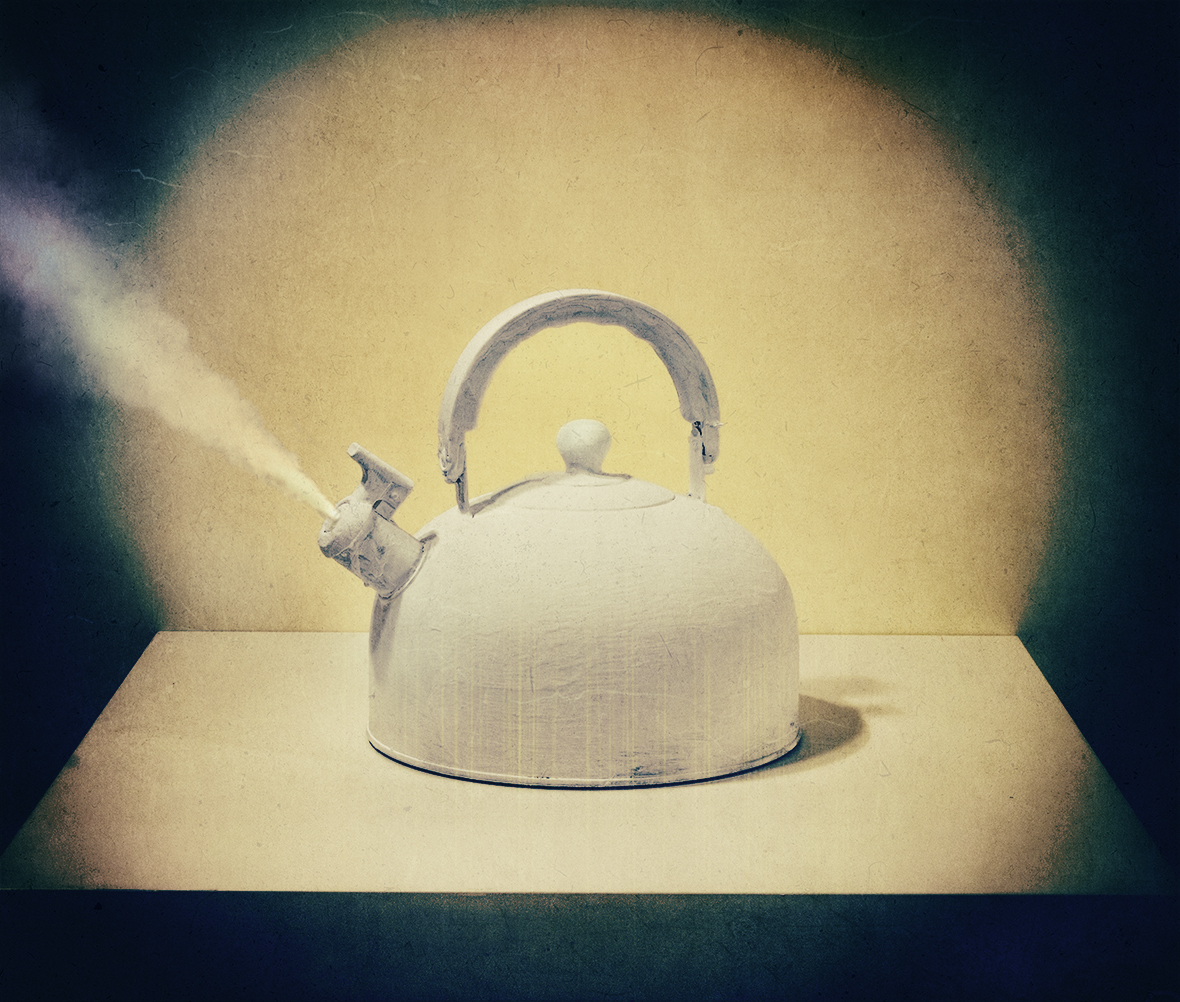Christian Alexandrov
StatCounter
Pinball (Archangels do play pinball)
I was looking through my diaries the other day and came across notes about a play by some political activist with communist views, entitled Archangels Don't Play Pinball. Perhaps the playwright is not himself a communist, although he gives the appearance of one. Anyway, he's not interesting at all. The author uses the expressions and literary approach of a member of a left-wing party and weaves a boring and painfully familiar story in which there is no surprise and no truth. It is curious whether surprise is a necessary escort of truth - which manifests itself in perceptions or conclusions that stun an individual accustomed to his lifelong self-delusions. But that is not the point, the story in question is tear-jerking and resembles a variety show - a product of the post-war era, and as such replete in farce, imitations and insipidity that should lead the viewer to a foregone conclusion (what a pitiful tactics) about human destiny. After the war, there was a foolish euphoria about everything, the "book of life" was more like a magazine or а newspaper calling for anarchy, people were making kids like crazy, and almost everyone created new ideologies and some kind of synoptic systems. In most of them there is idiotic optimism, which is not a logical consequence, but an end in itself; the writer or playwright arranges words and expects that the grossly underrated viewer will swallow them like bread crumbs - a daily ration from the hen to the chicken. Philosophy is reduced to cheap entertainment, but there are claims for a radically new concept! Nevertheless, all this fails to civilize the wild matter, which is the highest goal of art, and the wild matter dominates the landscape. To any reasonable person, of course, such efforts are not entertainment, not even close, since they are devoid of amusing cynicism and satanic spark (required attributes of realism), which would make them a litmus test for truth. For the truth in a pre-defined convention, not the absolute truth.
Anyway, this tragicomic achievement of dramatic art pushes an idea that is glaringly inept. The metaphor of an "angel" who "does not play pinball" expresses a badly fabricated notion, plagued with an almost eerie pragmatism - that higher forces have no part in human destiny. This concept includes a pinball machine, which is supposed to symbolize human life, as a battlefield of tribulations and twists of fate, on which the ball (man) is the object and victim of vicious fun and darts around the field, ricocheting into objects that shoot it (him) with even greater force in any direction. It would be, if the archangels were playing pinball. But they don't. How so? Why? Let me ask you, omniscient sir... where are you now to refute me? You thought that a man was the master of his own destiny, didn't you? Ouch! Did you become an angel too? Was this accomplished by your will or by the will of higher powers? Aren't the archangels part of the equation which led to such fateful event? Say it! How long are you going to offer fantasies that deviate from reality? In your lackluster play, after the friends make fun of the protagonist (the only realistic relations in the play), you apply a contrived ending where the lady of his heart (a woman of easy virtue) finally takes the hero by the hand, and tells him that she wants to stay with him - without having a single reason for it. Not one! He is not handsome, not sufficiently articulate and does not have money. So, apart from being a prostitute, she is also obviously crazy. Let me tell you something - archangels do play pinball! Take this from me, dear. This is where your short-sightedness lies - angels are not lazy or careless, they are simply indifferent to the fate of man in their miracles! But a man in his arrogance denies it. His vanity prevents him from admitting it. That's the truth, sir! You are the ball! Learn it from me - in the problem of evil, the higher powers know about it and have the power to eradicate it, but they have no intention or desire to do so. Earth reflects the sky, the skin spots are a timeless map of constellations. So why interrupt this fun game? To what end? The evil angel drops the ball and his goal is to keep it in the field as long as possible; he shoots it with the spring plunger, it goes down the central ramp; the player screams in delight as it ricochets off the coils and the satisfying ringing reaches his ears... clink, clink, clink, clink! The playing field is sloped and the ball may fall between the two flippers at the end, but the player catches it with one of them, deftly slides it to the top of it, and at the right moment (which is determined only by instinct), turns the spring flipper and shoots the ball back into the field with tremendous speed. He doesn't want to stop the game at this point. Do you get me, sweetheart? The ball again gives him higher score, goes through the hidden paths underneath, turns up at the side ramp, and in very rare cases - to the real delight of the pinball master - it bounces between two bumpers sequentially and hits one, then the other - to the accompaniment of the magnificent and rewarding ring - clink, clink, clink, clink, clink! Yes, you happy-endings counterfeiter, the game is on... The ball goes back down the ramps again, hitting the side slingshots, bounces one more time off a bumper, makes a full circle and finally falls in the center between the flippers.
Subscribe to:
Posts (Atom)

















































